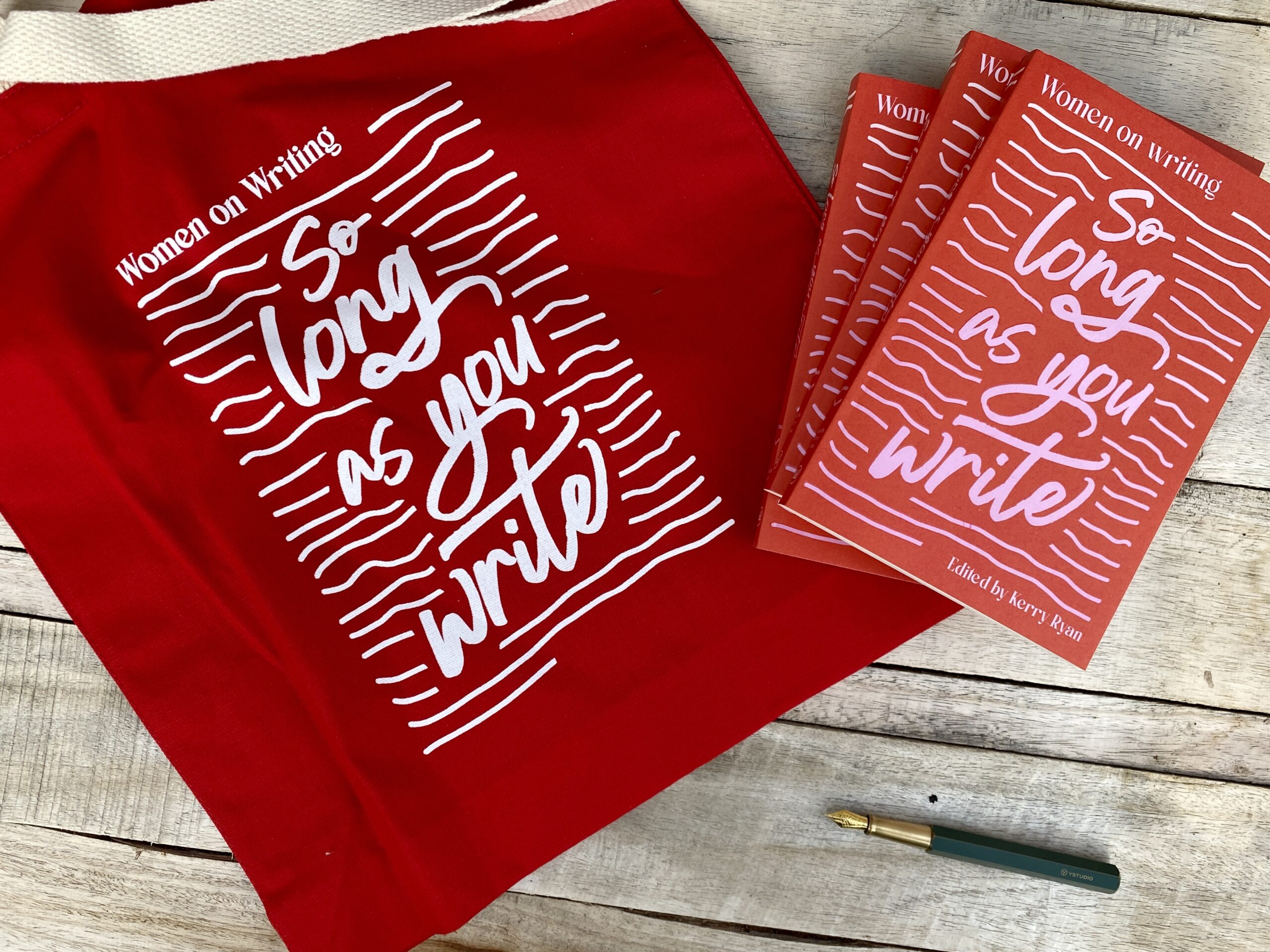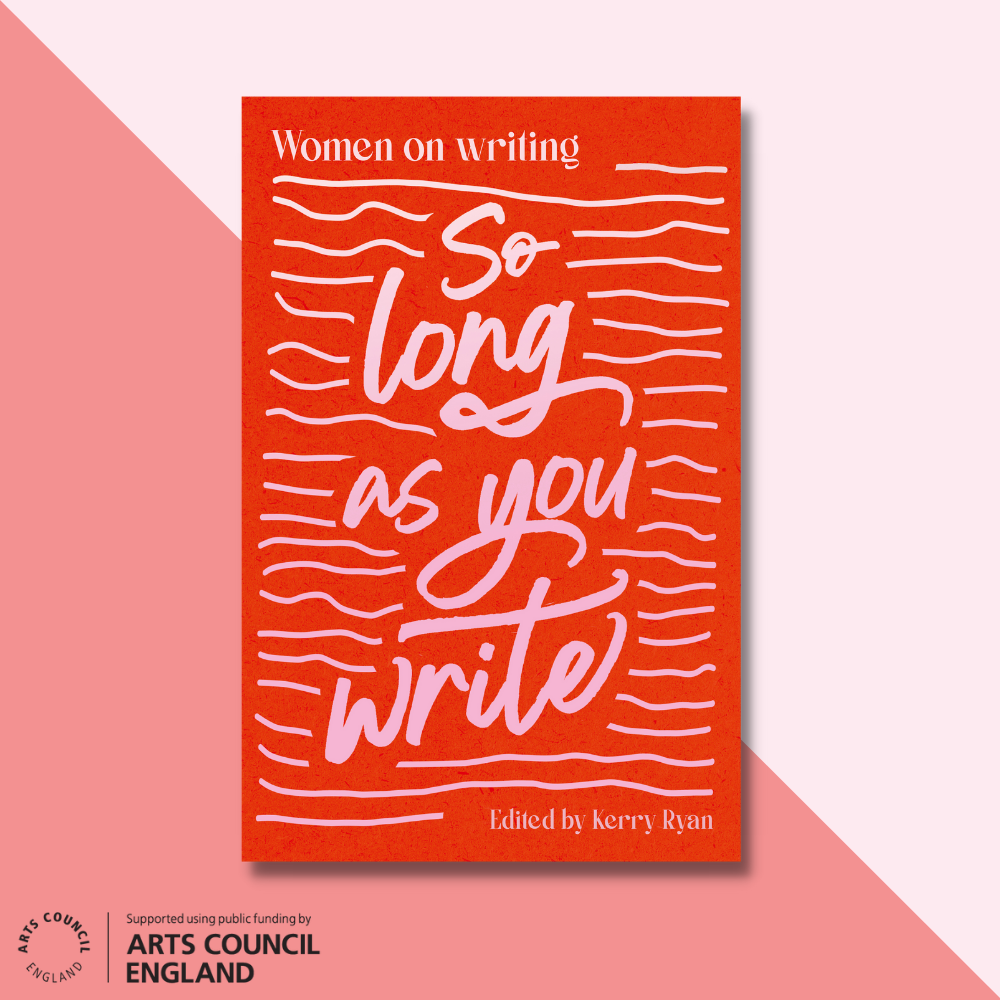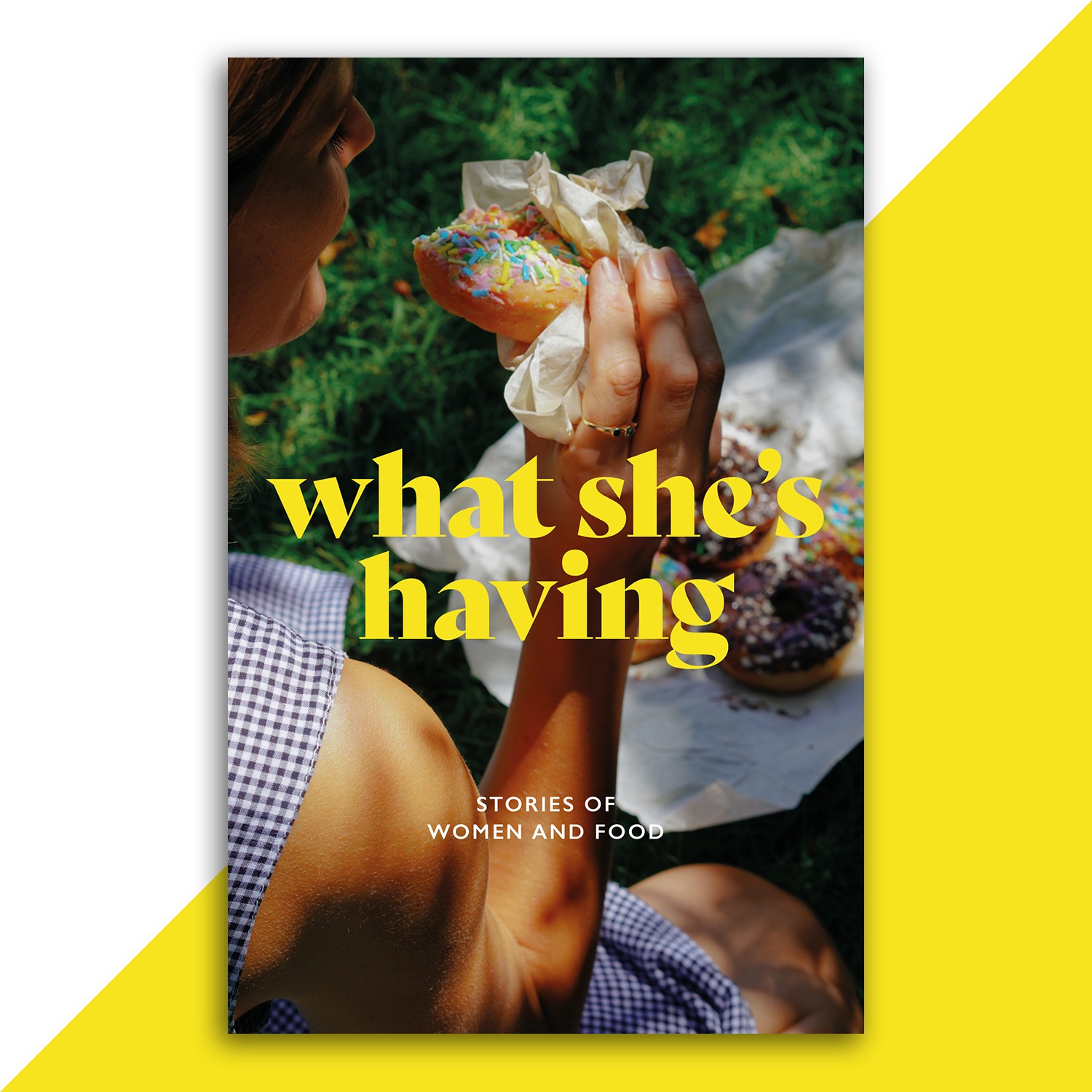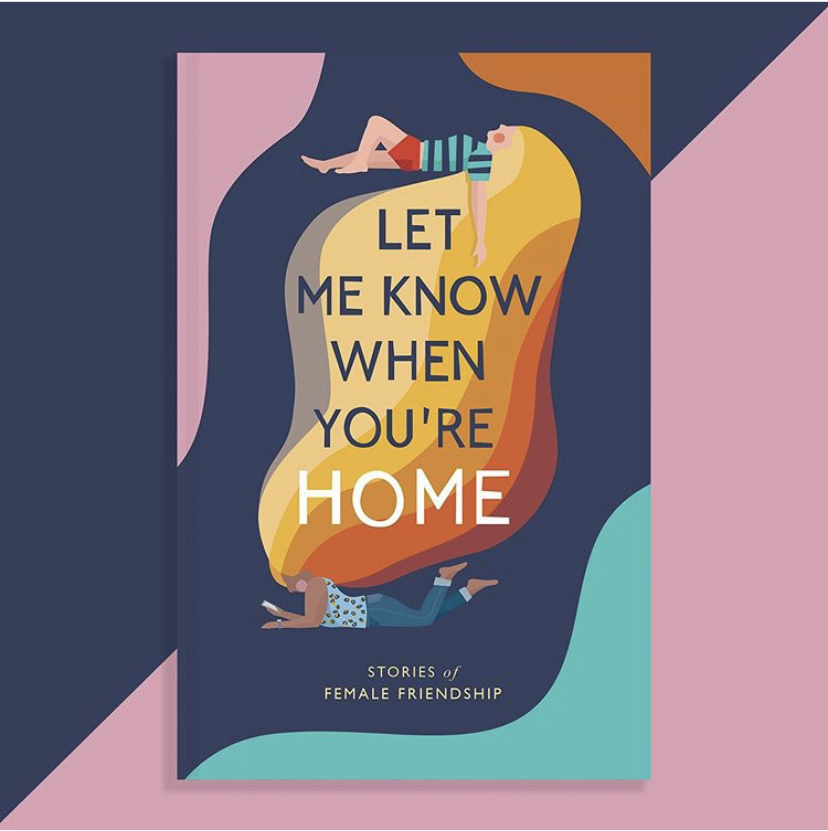SEALSKIN | Iona Glen explores her changing relationship with the skin she exists in.
by Iona Glen
I am a creature stripped of its pelt. It was mottled, blubbery, whiskered. With it I could swim through the cold sea, and on a full moon it slipped off with ease. One night I removed it to dance on the beach but, when I looked for it again, it was not there. My sealskin had been stolen.
From shoreline to land, I tottered. I scratch at my skin; beneath the flimsy first layer it glistens pink. Slowly it knits back together, a web patiently spun. Clothes rub but conceal. I require a sequence of lotions and potions to maintain life outside my element, to replace my body’s fragmenting boundaries. A reel of brand names for daily moisturiser: Nivea, Aveeno, Palmer’s Cocoa Butter, Bio-oil. Steroid creams are issued in toothpaste tubes with plastic caps forever misplaced: Eumovate, Hydrocortisone, Betnovate. The most effective is Diprobase from the doctor, a large container with a pump and distinctive no-scent smell. I learn which natural remedies to embrace or beware. Lavender can turn hostile with sustained use, but oats are reliably gentle. I pour salt into my baths and revisit the sea when I can. My skin prickles like knives for the immersive comfort of the ocean.
“I learnt to be uneasy in the world. As if to compensate for the uncontrolled expression of my raw and sensitive body, I became reserved in my thoughts and speech.”
*
I was born with an itch I could scratch. I have had atopic eczema since before I can remember, knowing the word before I could spell it. I still have trouble if I write it down, elongating and overstuffing with vowels. Add an ‘x’ for the spots. The ‘c’ and ‘z’ spoken together aloud sounds to me how scratching the itch feels: an insidious sharp hiss.
The word derives from the Greek ‘to boil’, an apt expression for the ever-present urge to scratch my skin, its varying intensity. Skin prickles, simmers, seethes, and then bubbles over. Vulnerable points are the hinges of limbs, particularly the insides of elbows and backs of knees. As a child my mother used run me a salt bath in the evening, slather my legs with thick cream and cover them with bandages overnight: a medical mummification. I wore white cotton gloves to try and blunt my scratching during my sleep. This night-time itching was my greatest worry, not knowing what new holes would be worn in the dark. It gave me the feeling that I could not trust myself.
Still, I did not feel much shame about my crocodile skin, as my family termed it, until secondary school. I can easily recall the time in the changing room when another girl pointed at my legs and exclaimed ‘You’re bleeding!’ and all the others turned round to look. What seemed so visible to me seemed invisible on others, never mentioned in novels or seen on TV characters. I learnt to be uneasy in the world. As if to compensate for the uncontrolled expression of my raw and sensitive body, I became reserved in my thoughts and speech.
There is a fatalism to the itch. Once I succumb to the temptation, I have to continue until the feeling subsides, or I force myself to stop. I wish there was a way of detaching my hands and putting them away from me, folded safe in a drawer. Yet it is also satisfying, a relief. Animals love a good scratch. But what takes seconds to scrape away takes weeks to scab and heal. Skin is the largest organ, a protective barrier for mass and bone. Its delicacy irritates me. Where is my thick fur, shiny carapace, or moulded shell?
Nevertheless, my eczema has improved over the years, and my sites of vulnerability continue to map themselves out differently. When I went to university, I began to scratch at my hands more, which is harder to cover up. Next it was my face, a digging nail in my forehead. The itching is now more obviously linked to periods of anxiety and depression, the physical record of every mood fluctuation, the entanglement of body and mind. It will never disappear; I can only treat it in a continuous process of care. The daily toil and frustration seem to mock the idea of finding any transcendent meaning in having this chronic skin condition. Problems always arise when any kind of moralising is attached to health conditions. It was this that made me ashamed of my sore, patchy body, feeling that it acted as a label for deficient contents.
And yet. As I get older, without disregarding the discomfort, I do feel more aware of small miracles like the imperceptible renewal of cells, the quiet diligence of skin as it reforms itself. Emerging from the solipsism of adolescence, I observe more carefully. Life wears and tears. Every body is multi-formed, embroidered with scars, marks, textures, lines that merge and morph into our human being. I try to appreciate the constant reminder of humanity’s creatureliness. There is a constant loss and creation within our bodies. We have fish scales, lizard tails and snake skins.
*
I look down at my hands now. The left hand that I write with is hag-like today, red-spotted and contoured with dry patches, while the right is its smooth maidenly counterpart. They are both part of the same shifting shape. The moon is none the less whole for its pockmarks, its shadows, the way it waxes and wanes. There is a place for me on land as well as in the depths of the sea. My sealskin will never be found, but it might be regrown, endlessly.
Iona Glen | @glenwoman
Iona is a writer living in London and working in museums and galleries. She loves to write about the relationships between place and memory, and is continually inspired by folklore and the natural world.




